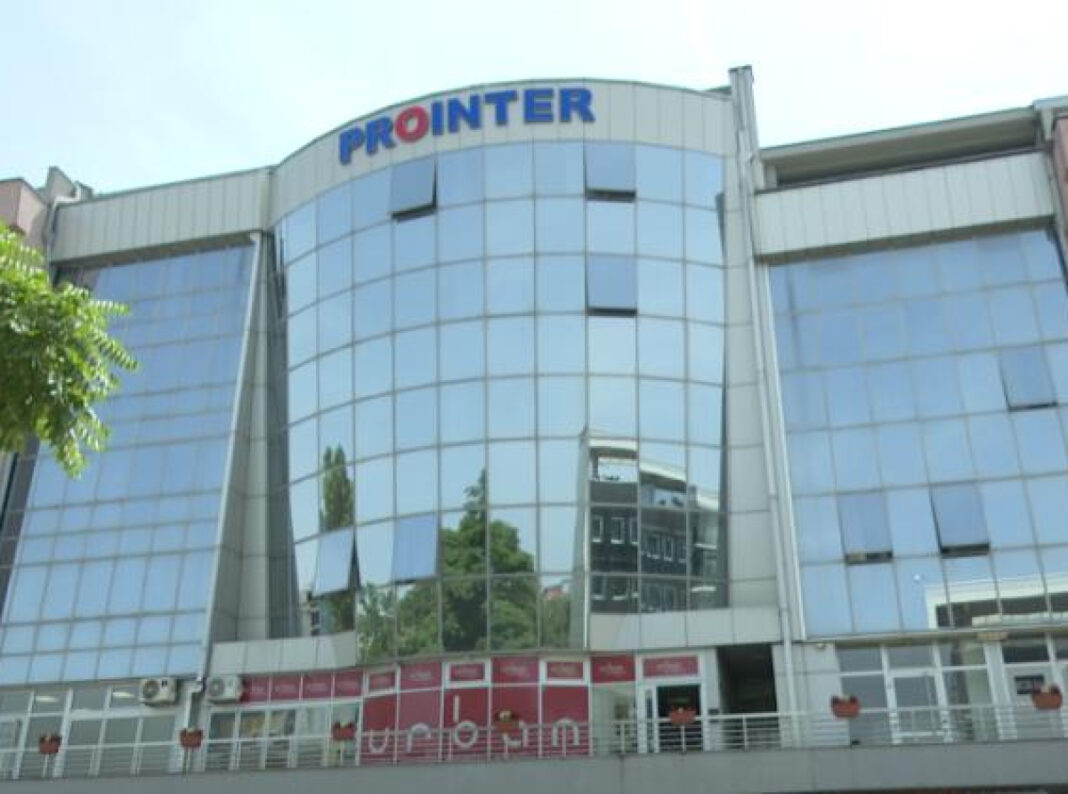Photo: BN
On the first day of March this year, the Ministry of Education and Culture of Republika Srpska concluded two public procurement contracts with the companies Prointer ITSS and Lanako. Lanako was awarded a contract worth approximately 1.8 million BAM, excluding VAT, for the maintenance of the information system. On the same day, a contract worth 512,820 BAM was concluded with Prointer, concerning the maintenance of the “educational module of the information system“.
Written by: Miljan Kovač
Both procurements were awarded through a negotiated procedure without the publication of a procurement notice, and in both cases, the mentioned companies were the only interested bidders. These are actually additional contracts for these companies on multimillion-dollar contracts previously awarded by this ministry, for which they also had no competition. The competition was, of course, preemptively eliminated by “well-tuned” tender conditions.
As these two companies have been simultaneously winning lucrative contracts from the Ministry of Education and Culture for years, a review of the tender documentation clearly gives the impression that there is an agreement between the bidders and the contracting authority. This arrangement has allowed the two favourite bidders to collect at least 25 million BAM over the past few years.
The damage could be significantly greater because, due to U.S. sanctions, Prointer could lose the licenses on which the functioning of the system depends. This system has cost the Ministry of Education of RS tens of millions of public funds so far.

Photo: RTRS
The Right to a Monopoly
The decision awarding Lanako, as the sole bidder, a contract worth 1,794,840 BAM, excluding VAT, was signed by Minister Željka Stojičić on February 23 of this year. The justification for the decision states that the procurement in question pertains to “exclusive rights arising from copyright”.
An identical justification is provided in the decision to award a public procurement contract to Prointer ITSS on the same day, valued at 512,820 BAM, excluding VAT. Thus, there could be no competition, given that the maintenance of the information systems supposedly falls under the “copyright” of these bidders.

According to public procurement experts, this would not be problematic from a legal standpoint if it did not raise the question of how the bidders came to hold positions that allowed them to extract public funds for years without any competition.
It all started on February 12, 2020, when the relevant ministry awarded a public procurement contract to a group of bidders consisting of Lanako and Prointer for the “Equipping of educational institutions in Republika Srpska with computer equipment and software”. The value of this contract, excluding VAT, was an astounding 20,652,580 BAM.

Interestingly, despite being an international tender, no one else applied for this lucrative contract besides this group of bidders. The reason lies in the tender conditions.

In addition to detailed conditions related to staff qualifications, one notable condition required bidders to provide proof of experience in similar projects. One of the conditions was that the bidder must have completed at least one contract involving the “Implementation of an information and communication technology project in education, which is in use in educational institutions with a minimum value of 5,000,000 BAM, excluding VAT”. Bidders were also required to prove that the project was implemented in at least 60 schools. Lanako fulfilled these conditions precisely by working with the Ministry of Education and Culture of RS.
Initial Setup
On August 17, 2018, the Ministry concluded a public procurement contract worth 6,299,154 BAM, excluding VAT, with a group of bidders consisting of “Lanaco” LLC and its sister company “Lanaco Information Technologies” LLC, Belgrade. The contract was for the implementation of the third phase of the “Dositej – 1:1 Learning Module” project, carried out in 62 schools in Republika Srpska.
Since only one member of the bidder group needed to meet these conditions, the doors were wide open for Lanaco and Prointer to jointly bid on a tender worth over 20 million BAM.

Photo: 072info
To ensure that they wouldn't have to worry about potential competition in future dealings with the ministry, the tender documentation specified that “all copyrights on software solutions implemented as part of this project belong to the executor”.
Based on this provision, these two clearly favoured bidders have been receiving contracts for the maintenance of information systems from the ministry for years, leading to the conclusion of the mentioned contracts at the beginning of March this year.

Experts in the field say that it all starts with the first (initial) contract, which preemptively eliminates competition. Slobodan Golubović, editor of the portal Pratimo Tendere, states that the practice of granting copyrights to bidders is widespread in public procurement in the IT sector. These copyrights pertain to the so-called “source code”, without which no one can access the software except the copyright holder. Thus, the bidder who installs the software first retains a monopoly over its maintenance, rendering public procurement procedures meaningless.

Slobodan Golubović
“In these projects related to building these software solutions, the core of the setup and manipulation is tied to that first instance. They ensure the source code remains their property, so no one else can work on it except them. This manipulation can occur through tender conditions or agreements between bidders to not interfere with each other's business, leading to years of public fund extraction without any competition. This leads to problems”, Golubović warns.
The contracts the ministry has with these bidders could easily lead to issues. Prointer ITSS, linked to the political leadership of RS, was recently blacklisted by the U.S. Department of Treasury, resulting in the closure of its accounts in three domestic banks. Experts warn that the company is likely to lose licenses from American software companies, including those required by the Ministry of Education's public procurement conditions.


